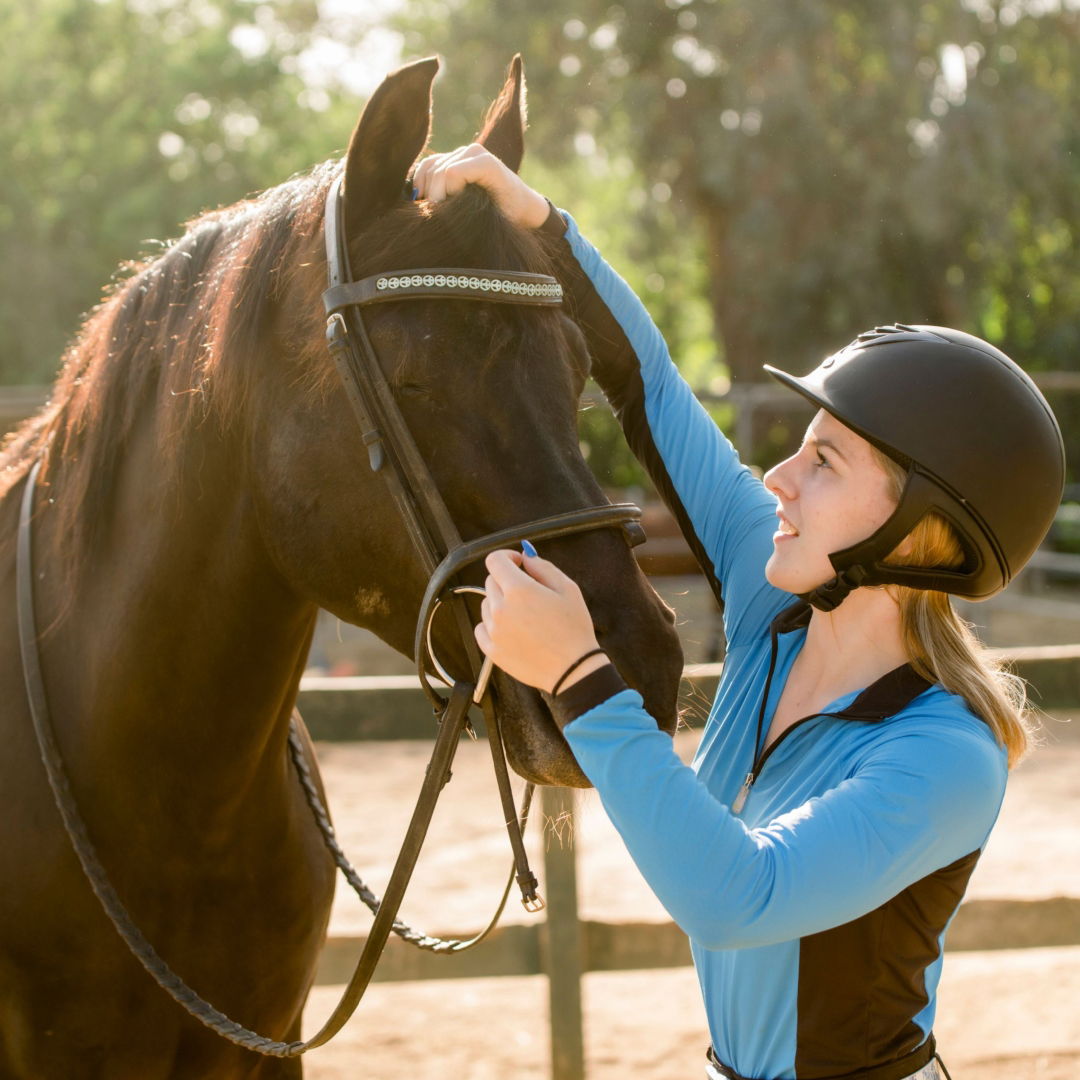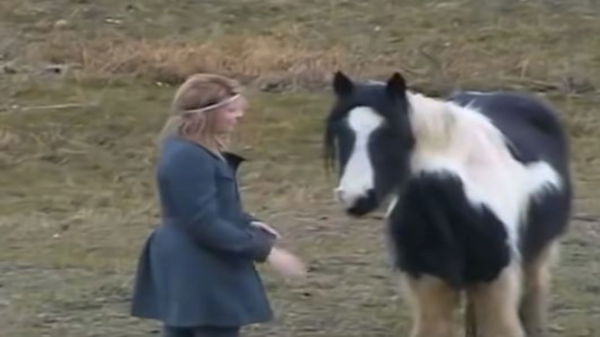

Horse riding is a skill that teaches confidence, discipline, patience, and courage to humans. These teachings are vital elements in equine therapy, which has been used to treat patients with physical or mental disabilities. Equine therapy helps patients build self-confidence and motivates them to improve their control and positive interactions.
Watch What’s Trending Now!
However, one might never have thought that equine therapy could also benefit the police. In New Zealand, equine therapy is being successfully utilized to improve the lives of young teenagers. These teens, due to behavioral issues, are at risk of committing crimes. This equestrian policing program has shown remarkable results and is positively impacting the lives of the younger generation.
ADVERTISEMENT
Equestrian Policing: leading to a better life
According to RNZ, Senior Constable Paddy Henderson has been piloting a unique policing program called ‘Grab the Reins’ for the past eighteen months. This program, based in Central Otago, utilizes horse riding to help troubled youth get back on the right path. Henderson has been working with young individuals between the ages of 12 and 15 who are dealing with behavioral issues. The program’s goal is to foster life skills, confidence, and empathy through equine therapy. Some may find it unusual how working with a large animal can help transform the attitude of a troubled child. However, the bond formed with the horse makes a significant difference. The boost in confidence gained from controlling the animal is also crucial, as is the sense of responsibility.

ADVERTISEMENT
Henderson says, “That’s why we named it Grab the Reins – they’re in charge of their own lives, so grab the reins and choose the direction you want to go in”. He explains that youth breaking the law is an issue that has been discussed extensively without any practical, effective solutions. This program provides an opportunity for these young individuals to work in an environment free from peer pressure, where they can make decisions independently to improve their lives. He mentioned that they work with kids aged 11 to 15 because it’s an age at which they are more receptive to molding and instilling good character traits. He believes the kids enjoy the experience and eagerly look forward to participating in the program every week.
ADVERTISEMENT
Youngsters find joy in the equestrian program
Children and adolescents participating in the police’s equine therapy program describe it as the highlight of their week, eagerly anticipating each session. The current group has been in the program for six weeks. As part of the arrangement, they have the opportunity to skip one school day each week to attend the program, provided they exhibit good behavior throughout the rest of the week. If a child misbehaves, they are replaced by another child for that day’s session.
Top Stories
Prayers Pour In From Terrell Owens as 275lbs Former Cowboys Player Announces Major Health News

Dana White Cuts Former MMA Champ From the UFC, Again

NFL Make Final Punishment Decision on Controversial Patrick Mahomes Incident

Dan Campbell Loses Faith in Locker Room After Clearing Stance on NFL Officials’ Controversial Decision

Footage Surfaces of Florida Police Arresting NASCAR Veteran Over Disturbing Public Misbehavior

Praise Pours In for Annika Sörenstam After Her Gesture Toward Matt Kuchar and Son Despite PNC Loss

ADVERTISEMENT
The participants have the opportunity to reunite with the horses they’ve formed friendships with during their visits to the program. Volunteers at the program have noticed that the kids display completely different sides of their personalities. When they are with the horses, they become more friendly and empathetic.
Watch The Story: Essential Mistakes to Steer Clear of When Riding a Horse for the First Time
ADVERTISEMENT
ADVERTISEMENT
ADVERTISEMENT

